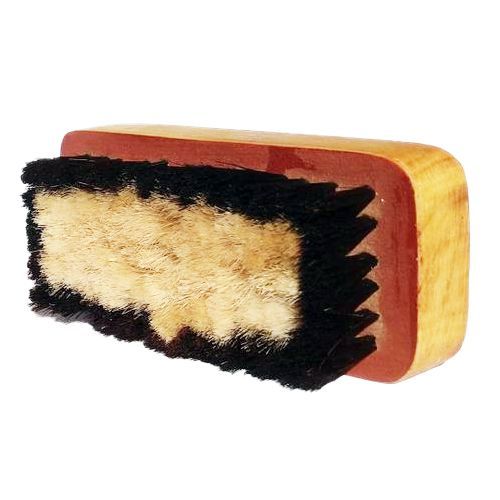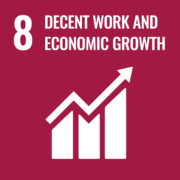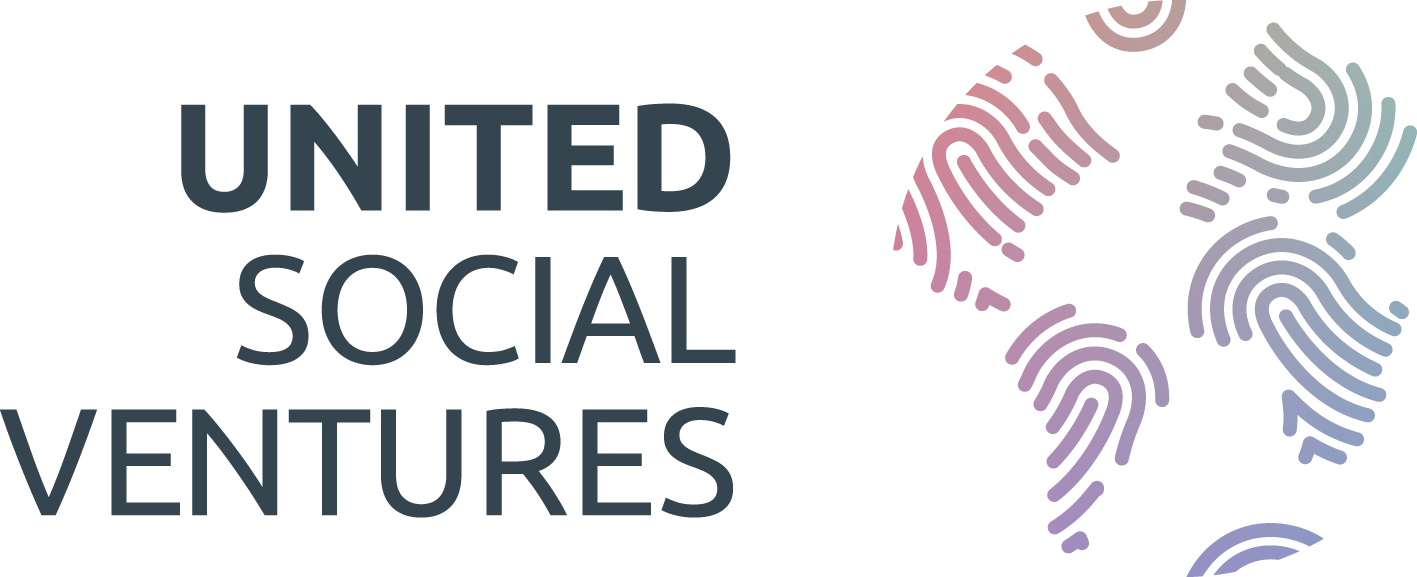
Ugabrush Polishing Off Youth Unemployment
Ugabrush Polishing Off Youth Unemployment

Primary SDG:

Founder(s):
Enoch Muwanguzi
Current Start-up Stage:
Revenue
Venture Type:
Niche Venture
Milestones:
-
2019
Founded in USV Design Course
-
2019
Won Seed Funding from Mastercard Foundation
-
2020
Opened a workshop with 10 employees
-
2020
Almost 1,000 sales made in first month
The Problem
A large number of Ugandans wear leather shoes. But, all mass-market shoe brushes are imported into Uganda, inflating their prices. Quality brushes – with soft bristles – become so expensive most people cannot afford them. They end up buying synthetic brushes that are unsuitable for leather shoes, wear-down quickly, and are bad for the environment.
The Product
Ugabrush make affordable, durable, and eco-friendly brushes from indigenous materials such as cow-tail for bristles.
The Impact
Ugabrush recruits young people (18-25) to manufacture the brushes rather than using machinery. They are paid for each brush they make, being able to earn almost $100 per month for labour. Over two to three years, this will enable them to save enough to start their own enterprise, and climb the jobs ladder in Uganda. The more brushes made, the more youths supported.
The Future
In 2020, Ugabrush aims to sell over 20,000 brushes.
In the future, it plans to export its handmade brushes to high-income countries and be selling over 250,000 in a year, employing 60+ youths at a time.
Primary SDG:

Founder(s):
Enoch Muwanguzi
Current Start-up Stage:
Revenue
Venture Type:
Niche Venture
Milestones:
-
2019
Founded in USV Design Course
-
2019
Won Seed Funding from Mastercard Foundation
-
2020
Opened a workshop with 10 employees
-
2020
Almost 1,000 sales made in first month
The Problem
A large number of Ugandans wear leather shoes. But, all mass-market shoe brushes are imported into Uganda, inflating their prices. Quality brushes – with soft bristles – become so expensive most people cannot afford them. They end up buying synthetic brushes that are unsuitable for leather shoes, wear-down quickly, and are bad for the environment.
The Product
Ugabrush make affordable, durable, and eco-friendly brushes from indigenous materials such as cow-tail for bristles.
The Impact
Ugabrush recruits young people (18-25) to manufacture the brushes rather than using machinery. They are paid for each brush they make, being able to earn almost $100 per month for labour. Over two to three years, this will enable them to save enough to start their own enterprise, and climb the jobs ladder in Uganda. The more brushes made, the more youths supported.
The Future
In 2020, Ugabrush aims to sell over 20,000 brushes.
In the future, it plans to export its handmade brushes to high-income countries and be selling over 250,000 in a year, employing 60+ youths at a time.
